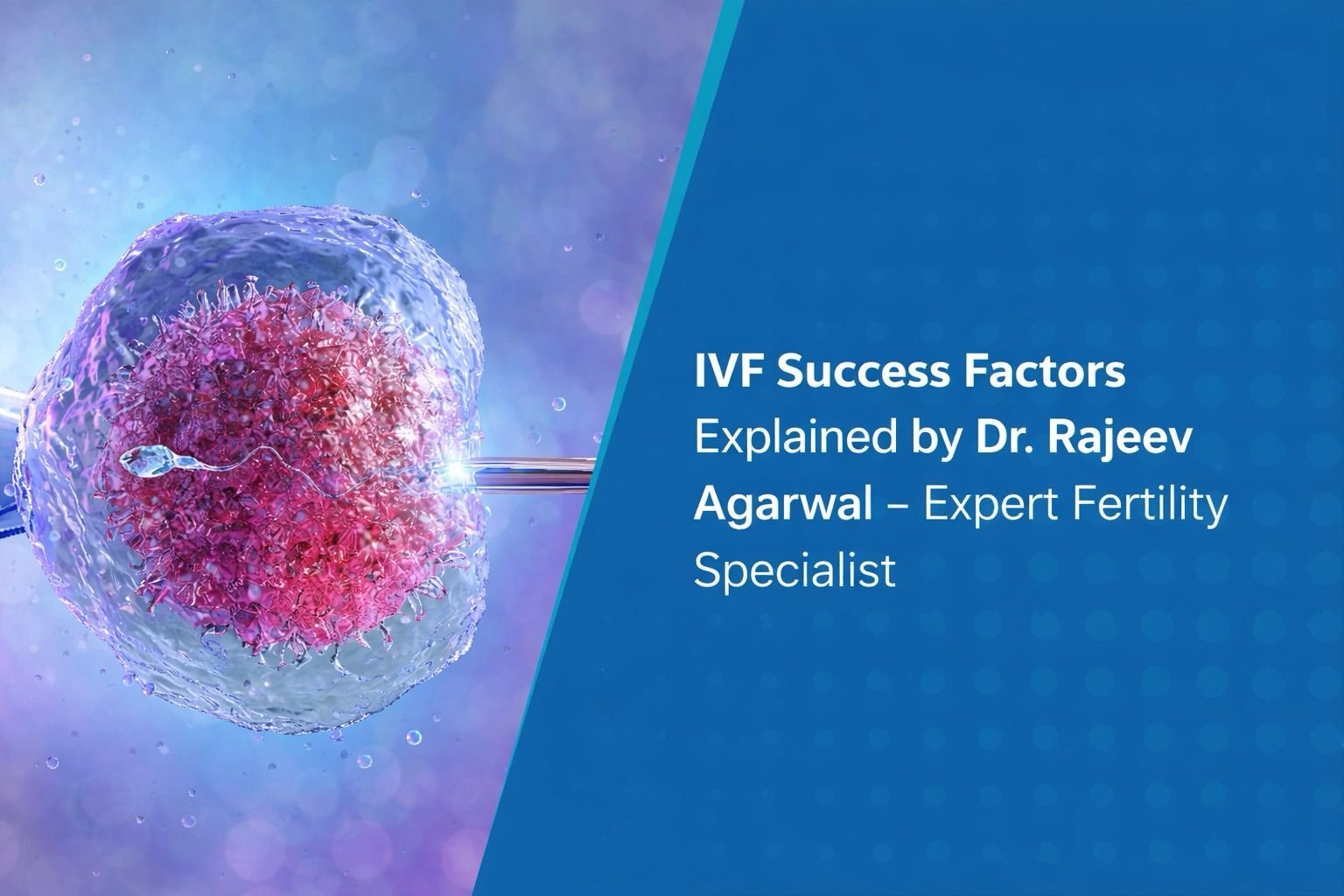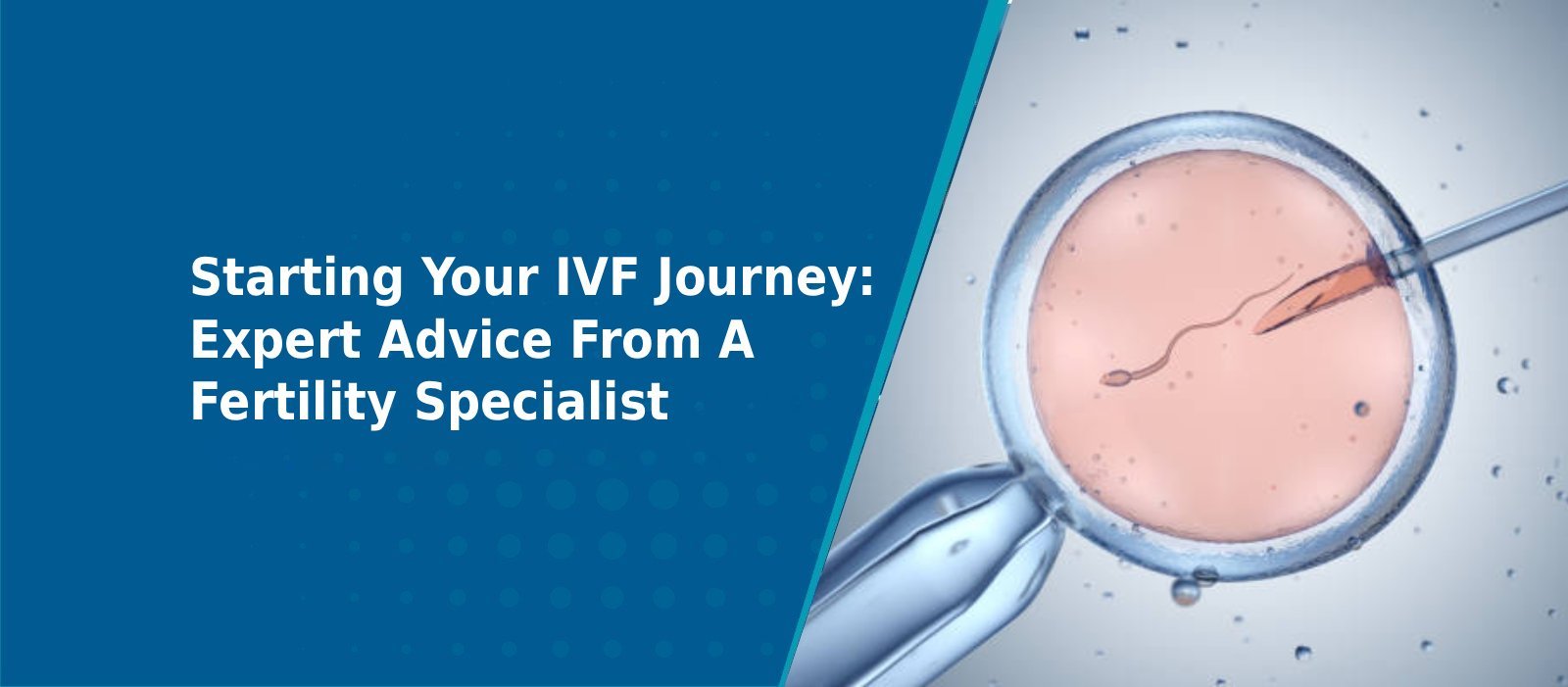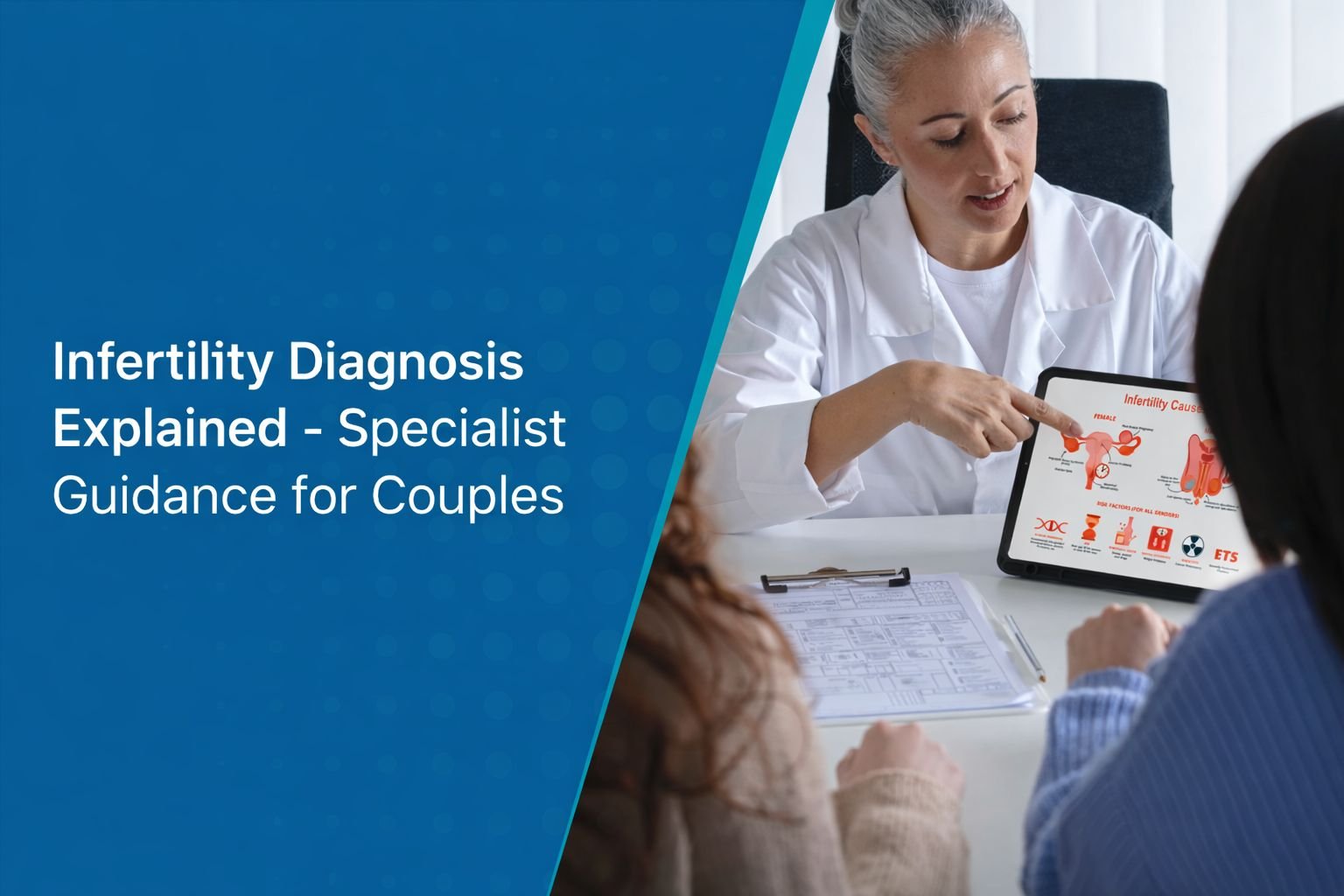
Fertility Support: A Comprehensive Guide by a Fertility Expert
If you’re planning to start a family, it’s natural to wonder how you can improve your fertility and maximise your chances of conceiving. Here, we’ll explore practical steps to boost fertility, the best supplements to support conception, and when to seek professional advice from a fertility specialist.

Talk to us about
Why me? How am I different?
Planning Ahead
We believe in helping our patients plan ahead as learning about your fertility should not come at the last minute.
Holistic Approach
We understand that there are many factors from our lifestyle to our medical history to our genetics that can affect our fertility. Our comprehensive fertility consults take all this into account during discussions.
Personalised
Fertility and pregnancy look different for everyone so we are focused on providing care that is built around you.
Advanced Science
Our care is rigorously founded on the latest advancements in fertility, leaving no room for anything less. No gimmicks, or false hope, just evidence-based advanced care.
Frequently Asked Questions
Preconception care refers to the health measures and medical interventions taken before conception to optimize the health of both the prospective parents and their future child, diagnosing certain medical conditions like thalassemia before conception. This holistic approach ensures that a woman’s body is prepared for pregnancy, reducing risks associated with complications, congenital anomalies, and chronic conditions. For men, preconception care focuses on improving sperm health and overall fertility.
The principles of preconception care are centered around:
- Personalized Care: Tailoring advice and treatment based on individual health history and needs.
- Prevention: Identifying and managing risk factors that could impact pregnancy and fetal health.
- Promotion of Health: Encouraging lifestyle changes and nutritional improvements to enhance reproductive health.
- Early Intervention: Addressing medical or genetic issues before conception to minimize future risks.
Shared Responsibility: Involving both partners in the planning process for a healthier outcome.
The key components of preconception care include:
- Health Assessment:
- Comprehensive medical history review.
- Identification of chronic conditions like diabetes, hypertension, hyperprolactinemia, thyroid disorders, endometriosis or pcos that may affect pregnancy.
- Screening for infections (e.g., rubella, HIV, hepatitis B, hepatitis C, Syphilis etc).
- Nutritional Optimization:
- Ensuring a balanced diet rich in essential vitamins and minerals.
- Recommending folic acid supplementation to prevent neural tube defects.
- Addressing deficiencies like iron, vitamin D.
- Lifestyle Modifications:
- Promoting regular physical activity and a healthy body weight.
- Discouraging harmful behaviors such as smoking, alcohol consumption, and substance abuse.
- Managing stress and promoting mental well-being.
- Genetic Counseling:
- Evaluating family history to assess the risk of inherited conditions.
- Offering genetic testing for specific disorders if indicated.
- Immunizations and Preventive Care:
- Ensuring vaccines are up to date, especially for diseases like rubella and influenza, varicella.
- Discussing travel-related risks if planning to conceive abroad.
Preconception counseling is a tailored consultation process designed to provide prospective parents with information and guidance to optimize their health and prepare for a successful pregnancy. During counseling, healthcare providers address medical, genetic, and lifestyle factors that could impact pregnancy outcomes. It is needed in the following situations:
- Women Planning Pregnancy: To ensure optimal health before conception.
- Couples with a History of Infertility or Pregnancy Loss: To identify and address underlying issues.
- Chronic Medical Conditions: For those managing conditions like diabetes, hypertension, or thyroid disorders, etc.
- Genetic Risks: Couples with a family history of inherited conditions.
- Advanced Maternal Age: Women over 35 years old, as they may face additional risks during pregnancy.
Examples of Preconception Care Activities
- Medical Screenings: Complete history of couple & family, Blood tests, Pap smears, BMI and ultrasounds to evaluate reproductive health.
- Nutritional Changes: Adopting a diet rich in whole grains, lean proteins, and fruits.
- Mental Health Support: Counseling to manage anxiety or depression.
Lifestyle Adjustments: Quitting smoking, reduced or no alcohol and recreational drug consumption or limiting caffeine intake.
Preconception care is beneficial for:
- Women Planning Pregnancy: Those looking to optimize health before conception.
- Couples with Fertility Challenges: Addressing underlying causes and improving outcomes.
- Individuals with Chronic Conditions: Managing diseases like diabetes, endometriosis, pcos or autoimmune disorders to ensure safer pregnancies.
- People with Genetic Risks: Couples with a family history of genetic disorders.
- All Women of Reproductive Age: Even those not planning pregnancy, as many pregnancies are unplanned.
Couples who wish to delay conception: To know better how long can they delay pregnancy depending on Ovarian reserve, semen parameters and other health conditions
Unique Approach To
Your Health Needs
“The preconception plan was simple, practical, and completely tailored to me. So reassuring!”

Ritika
“Dr. Rajeev helped me prepare my body and mind before pregnancy. I felt ready in every way.”

Neha
“I didn’t realize how much pre-pregnancy care mattered until I met Dr. Rajeev. Best decision ever.”

Aisha
“From nutrition to mindset, every detail was covered. I felt supported, informed, and empowered.”

Neha


10K
happy patients

4.9
google ratings


Other Services

Hysteroscopic Procedure
To diagnose and treat uterine issues.
- Treats fibroids, polyps, and scarring.
- Quick, outpatient recovery.
- Accurate, targeted care.

Fertility Treatments
Personalized care to support your parenthood.
- Advanced testing and fertility planning.
- Options like IVF, IUI, and hormone therapy.
- Emotional and medical support throughout.

Vaginismus Therapy
Gentle care to overcome painful intimacy.
- Pelvic floor exercises for muscle relaxation.
- Mind-body therapy to ease fear and tension.
- Gradual dilator use for comfort and confidence.

Urinary Laser Therapy
Quick laser treatment for better bladder control.
- Stimulates tissue for better support.
- Non-invasive with minimal downtime.
- Helps reduce leaks and urgency.

Laparoscopic Surgery
Minimal incision surgery with faster recovery.
- Treats fibroids, endometriosis, cysts & more.
- Less pain, quicker healing.
- High-precision, safe procedure.
Essential Resources
In This Article What Do IVF Success Rates Actually
Key Takeaways IVF is one of the most advanced fertility
Key Takeaways Infertility is more common than you think,




